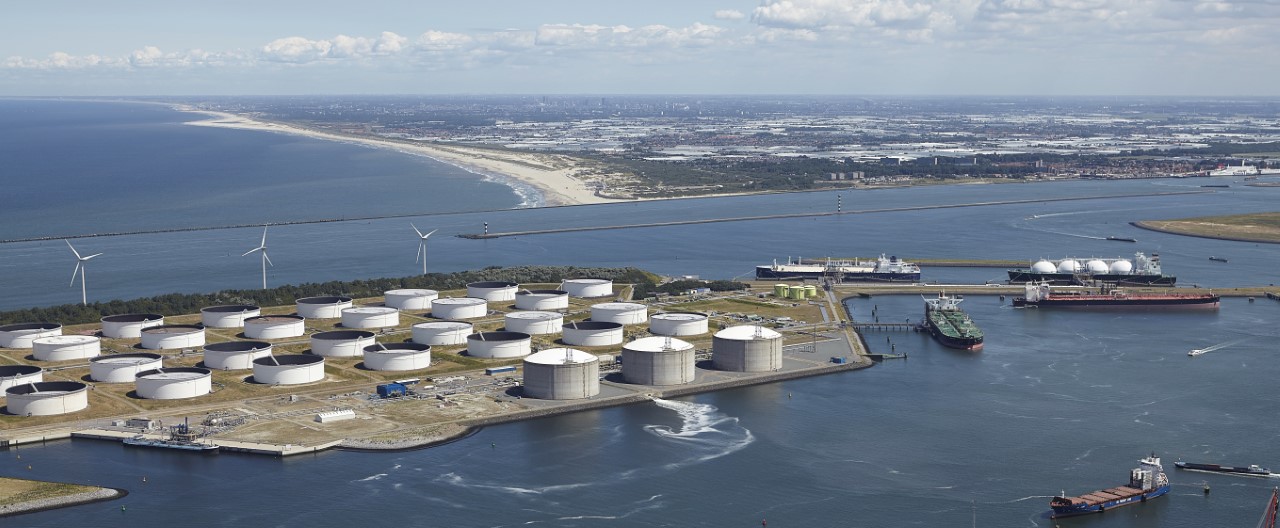German energy firm Uniper will increase its capacity rights at the Dutch Gate LNG terminal in Rotterdam, as part of a new deal revealed on Wednesday.
According to a joint statement, Uniper, a unit of Finland’s Fortum, will take 1 bcm per year of capacity at the terminal owned by Gasunie and Vopak for a period of 3 years starting on October 1, 2024.
This deal builds on a long-lasting relationship between the duo and complements the announcement made in October last year where Uniper had booked 1 bcm of capacity as well.
Both of these bookings supplement the existing capacity of 3 bcm per year that Uniper holds since the launch of the LNG import terminal in 2011.
“In these challenging times Uniper continues to broaden the access of its global LNG portfolio into Northwest Europe to fortify the security of supply for Germany and the Netherlands,” Uniper CCO, Niek den Hollander said.
Uniper’s European regasification capacity includes bookings at the Grain LNG terminal in the UK with 1.7 bcm per year, Gate with up to 5 bcm per year, and market access in Spain.
In 2021, Uniper traded more than 350 LNG cargoes worldwide and operated seven LNG carriers.
The firm recently also confirmed it has revived plans to build an LNG import terminal in Wilhelmshaven, as Germany looks to reduce dependence on Russian pipeline gas imports.
Gate expansion
Gate managing director, Wim Groenendijk, said this transaction, “is a prime example of close German-Dutch cooperation with concrete action in times of emergency.”
“The LNG arriving at Gate terminal is of great importance for the gas supply of the Netherlands and the whole of Northwest Europe,” he said.
Gate currently has an annual throughput capacity of 12 bcm of gas per year. Following the capacity deal with Uniper last year, it will boost it to 13.5 bcm in 2024.
However, Dutch gas grid operator Gate shareholder, Gasunie, is looking to boost the capacity at the terminal even further in order to reduce reliance on Russian gas.
The firm revealed this week plans to add more capacity to Gate and build the second Dutch LNG import facility in the Eemshaven port, operated by Groningen Seaports.
Gasunie plans to expand the capacity of the Gate terminal by about 5-8 bcm.
As per the floating terminal, which would probably include an FSRU, this facility would have a capacity of about 4 bcm.
With the new LNG facility in Eemshaven and the expansion of Gate, the LNG capacity in the Netherlands could double from 12 bcm to 24 bcm, Gasunie said.

